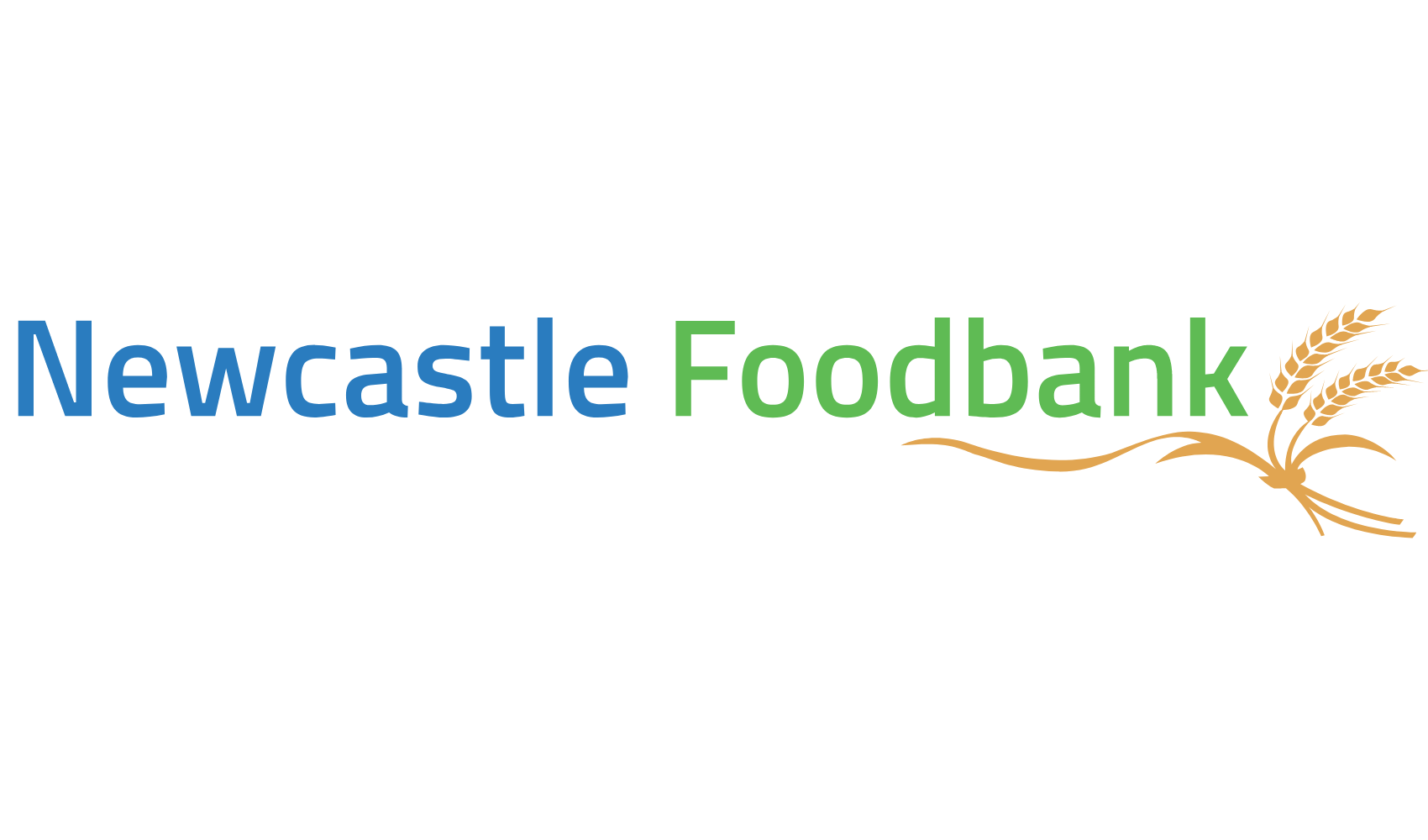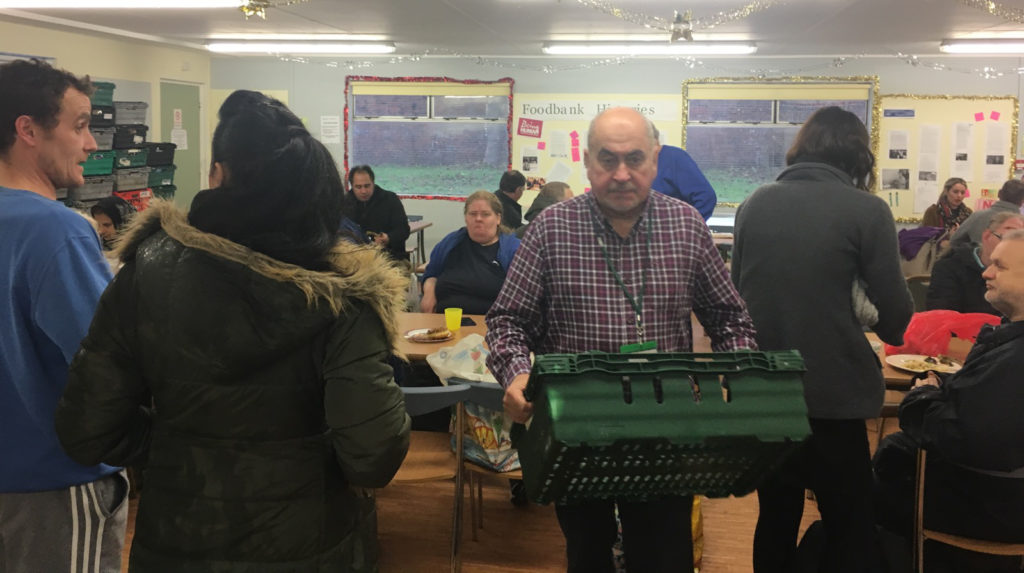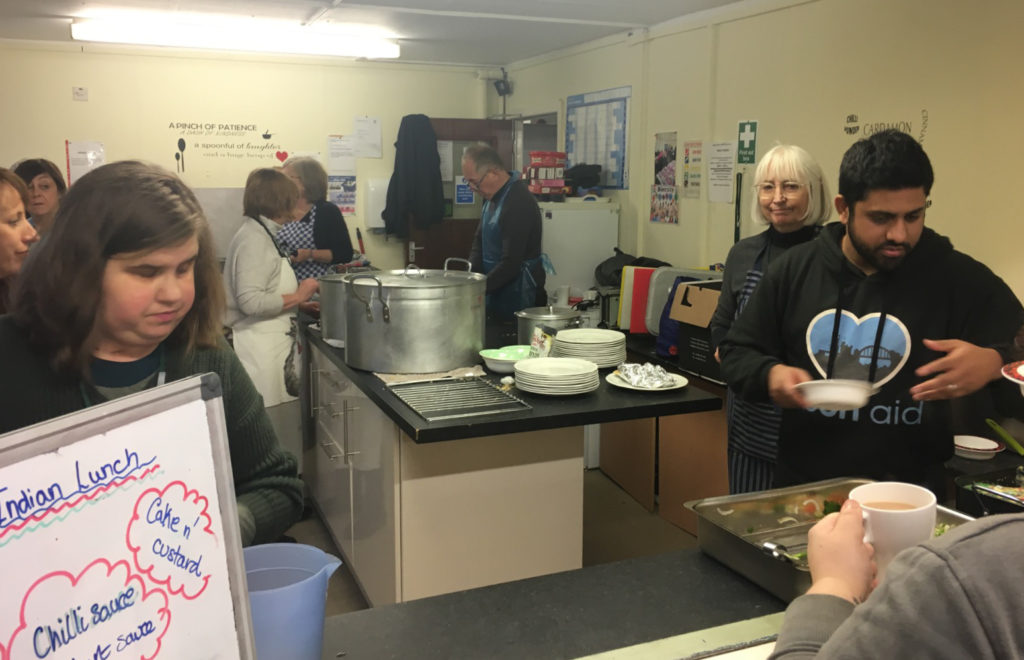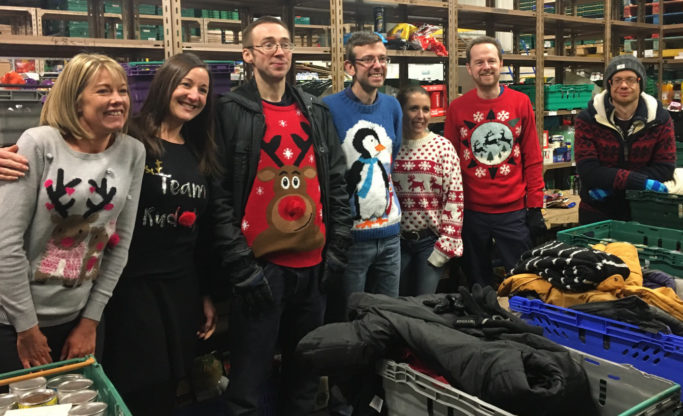
“These are the months when people rely most on the food bank to help them cope with increased living costs.”
That’s the cautionary note from our chief executive, John McCorry, as he studies the detailed statistics outlining demand: 11.3 tonnes of food distributed in September alone, and 8.7 tonnes collected – a shortfall of around 2.5 tonnes. And that’s before the onset of winter proper!
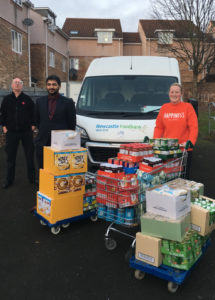 That shortfall, of course, is made up from our overstretched budget. But we’re managing. Just. While we’re actively gathering stock donations every month, McCorry says…
That shortfall, of course, is made up from our overstretched budget. But we’re managing. Just. While we’re actively gathering stock donations every month, McCorry says…
”that’s not enough of everything we need and we have a commitment to buy items we’re short of.”
While staff and volunteers work hard to match demand with supply, it goes without saying that we need the generous help of supporters – individuals, businesses, food suppliers, for instance – more than ever. These are challenging times.
Our statistics tell their own story. In the first six months of this year alone:
- 5,000 people visited the food bank.
- 13,000 people were consequently fed, which included…
- 5,000 children under 16
Pathways out of hunger
What’s the purpose of a food bank? The answer seems obvious: to provide emergency food parcels for people literally on the breadline, unable to afford a main necessity of life – feeding the family.
While some see us delivering a short term service until personal or family circumstances hopefully improve, it’s apparent that other clients experience complex personal social, economic and health issues, with mental wellbeing sometimes paramount.
Our research indicates that while many hope to use our food bank as an interim measure, a significant number use its services five, or more times for food parcels – carefully packaged for single people, couples and families as required – indicating a more chronic need for our services. This requires a focused approach when identified, tailoring our response to the needs of clients.
Ideally, this will lead to a Pathways Out of Hunger project – an approach we are actively pursuing – designed to provide holistic and focused services to those experiencing hunger, poverty and related mental and physical health issues.
Early days. But our aim is to cooperate with other agencies to deliver this focused approach -working closely with specific food bank users, led by a dedicated staff member supported by a team of trained volunteers.
John McCorry, chief executive of Newcastle West End Food Bank, says: “Our food bank is a valued and trusted resource in the local community, with strong referral partners and community-based networks. We aim to build services to deliver more active engagement by clients to promote self-reliance and a sense of social inclusion.
Hopefully, the Pathways out of Hunger project will enable our food bank to expand beyond food services – important as they are – to engage with people experiencing mental health and wellbeing issues.”
Easy Cooking?
Our kitchen, in Benwell Lane, provides good warm food on Tuesday and Wednesday lunch times; in the last financial year (2018-19) for instance, 9,400 hot meals were provided for people in need, delivered by a dedicated team of volunteers.
The kitchen, literally, provides something for everyone – healthy salads (and puddings) nourishing main courses from veggie lasagne to chicken casserole and corned beef pie, mince and tatties and sometimes a curry or two, to name a few of the delicious meals on offer.
Plus, thanks to Barbara, Judith and Laurie, help from the National Trust and a team of volunteers, we now have a kitchen garden to supplement supplies when seasons permit. And we’re working to extend the initiative, financial support permitting, by growing food undercover in warmer conditions.
But can the kitchen – a key resource, after all – do more by engaging with clients, cooking together? Richard, one of our key volunteers, and a small team, have tentatively begun a series of small sessions with clients which he stresses are not top-down cookery classes. Rather, they’re about … “talking together, making together, eating together, and sharing,” he stresses.
Call it building more confidence in the kitchen, cooking on a tight budget, refreshing skills; possibly, better described as practical cookery sessions, working alongside our kitchen volunteers – six per session – spending a morning preparing, cooking and eating a three-course meal. As Richard says: “Each session has a completely different menu, made up of simple, healthy, tasty dishes designed for a tight budget with the minimum of cooking equipment.”
He recalls one conversation with a client, adamant that he didn’t like carrots. They made carrot and chickpea soup together.
The client’s response: “Delicious”.
And more statistics…
During the year, we changed our system of issuing food vouchers, which initially meant that take-up dropped slightly – before rising again. But, for the record, in the 2018-19 financial year:
- 137 tonnes of food, was collected from individuals, supermarkets, and manufacturers
- 13,146 people visited the food bank. This led to…
- 38,000 being fed by food parcels issued to families, couples and individuals
- And half of those fed were children living in families struggling to afford food for regular meals
- 9,400 hot meals were provided at our Benwell Lane centre for people in need
And finally…
Huge thanks to all our supporters – individuals, local businesses, supermarkets, food manufacturers and fund raisers – for helping us not only to feed the needy but also to play a significant part in the wider social fabric or our community. And we couldn’t do that without the help of our dedicated volunteers and supporters.
One thing is sure: 2020 will be a challenging year.
